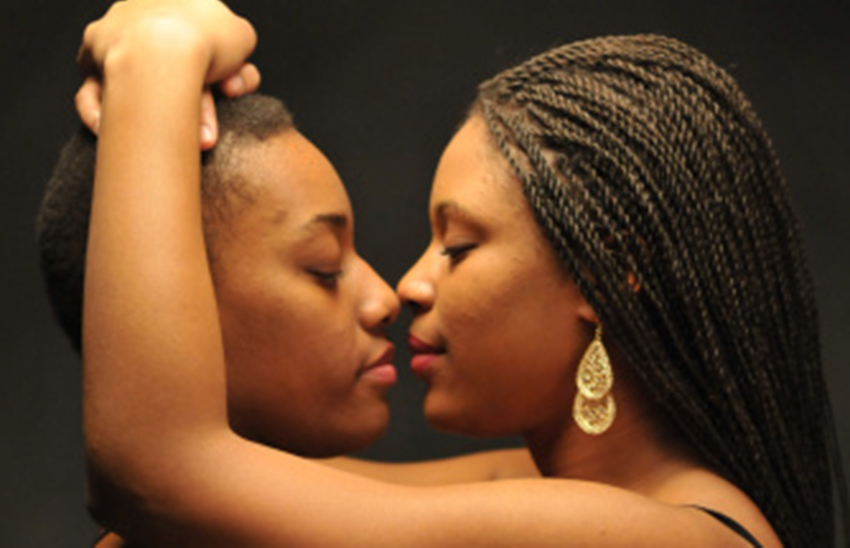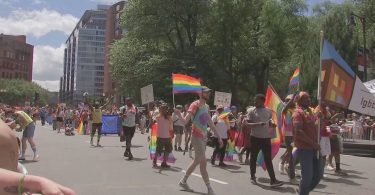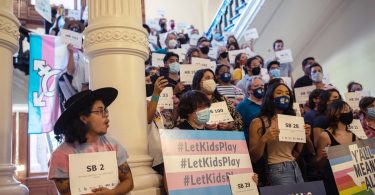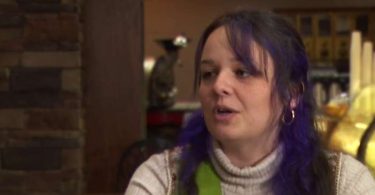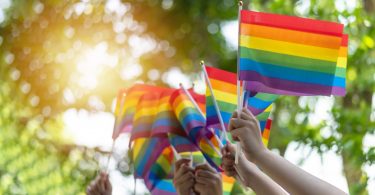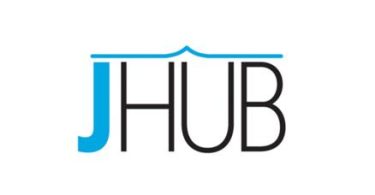A LGBTI women’s health conference will shine an important light on women’s topics. | Photo: Twitter
Esther Montgomery lives in a very remote community in Australia’s outback. It’s there she has spent decades fighting for Aboriginal LGBTI people.
With a population of 400 people and a four hour drive to the nearest town, living there can be isolating.
But it’s even more isolating if you identify as LGBTI.
‘I want to draw attention to what it’s like being an Aboriginal lesbian woman from a remote community. There’s nothing out here. There’s no women’s services and no one is coming for you,’ Montgomery told Gay Star News.
‘I want to highlight the issues facing LGBTI Aboriginal people.’
Montgomery said there are no support or health services for LGBTI Aboriginal people. Also, medical staff in remote communities do not understand the needs of those communities.
But what’s even worse is Aboriginal LBGTI people also feel isolated from mainstream LGBTI health and advocacy organizations that are supposed to be representing them.
‘I’m hoping to draw attention to the fact that LGBTI organizations don’t employ us and don’t have us on boards,’ she said.
‘It’s frustrating especially when you’re trying to address the issues facing my people and you can’t get your foot in the door in the organization.’
Some of those issues – especially in remote and regional Australia – include chronic illness, being ‘ignored by government’ and racism.
Montgomery not only called out services and people in regional communities for their racism, but also the LGBTI community.
‘I’m talking about same issues from when I was a young girl, I’m 55 now,’ she said.
‘Not a whole lot has changed.
‘They’ve (LGBTI organizations) have made no effort for change, all they say is “we’re all inclusive”, but we don’t have a seat at the table.’
What people need to know
Montgomery’s mission is taking her to the southern city of Melbourne.
She will be speaking on a panel at the LGBTIQ Women’s Health conference.
The two-day conference aims to shine a light on issues largely overlooked by both mainstream and LGBTIQ health organizations.
‘This has culminated in not just a lack of awareness about queer women’s health issues, but also in some pretty concerning research involving certain health outcomes for LGBTIQ women,’ said Rachel Cook, LBQ Women’s Project Lead, at health organization, Thorne Harbour Health.
‘For example, higher rates of drinking and smoking, lower rates of screening for cervical and breast cancer and higher rates of mental health issues.’
This year’s conference will be the largest so far with more than 400 people expected to attend.
‘The conference just keeps growing and I think that in itself is testament to how much a conference like this is needed,’ Cook said.
‘LGBTIQ women have given a lot to the broader queer community for a very long time and it’s time our issues were part of the focus too.’
Some of the issues content covered will include; sexual health, ageing, mental health, activism and feminism, breast and cervical cancers, trans health, living with disabilities, leadership, alcohol and other drugs, rainbow families, domestic and family violence, sex work, marriage equality and the refugee and migrant experience.
Ask me anything
For Montgomery she’s happy to answer any questions that come her way, but hopes people ask what it’s like being a LGBTI person in remote and rural in Western Australia. But she also wants to asked about racism in the wider LGBTI community.
‘These are the heartacheS that Aboriginal LGBTI people face.’
Click here for more information regarding the LGBTIQ Women’s Health Conference.

